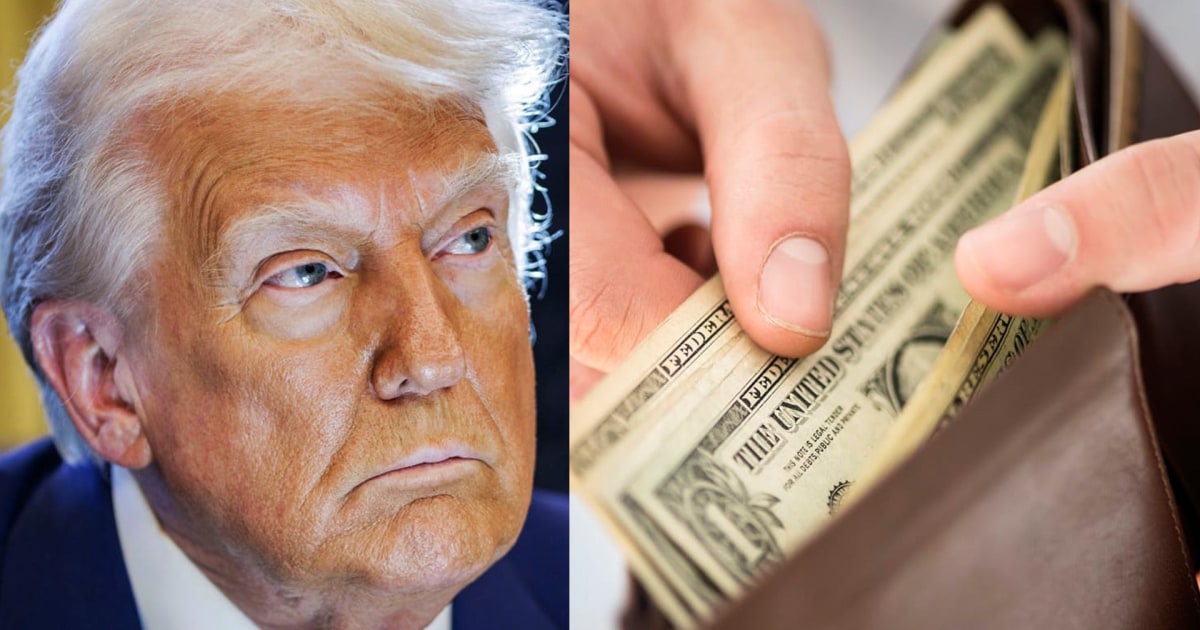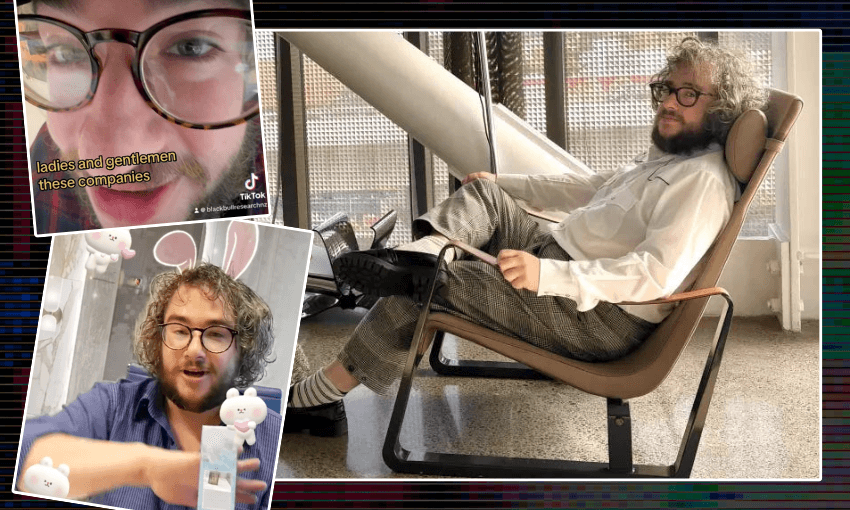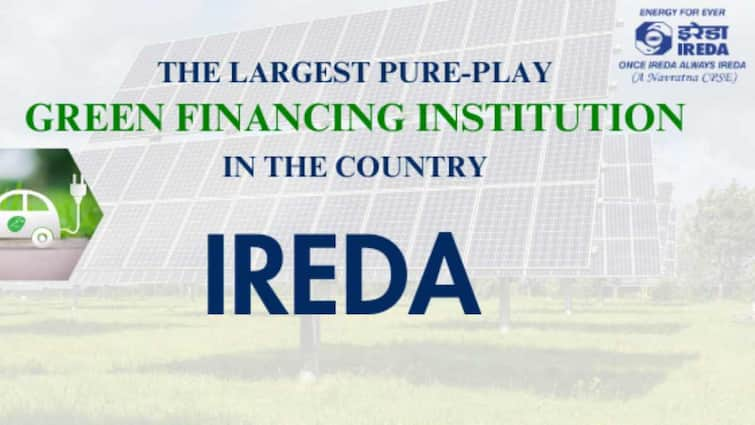Struggling to Make Ends Meet? More Americans Turn to 'Buy Now, Pay Later' for Groceries and Bills

Johannesburg, South Africa – As household budgets tighten across the United States, an increasing number of Americans are turning to “buy now, pay later” (BNPL) apps to cover essential expenses like groceries and utility bills. This trend, highlighted by NBC News, reveals a growing reliance on flexible payment options amidst rising inflation and economic uncertainty.
The BNPL phenomenon, which has exploded in popularity in recent years, allows consumers to split purchases into smaller, often interest-free installments. While initially popular for discretionary spending like clothing and electronics, its use is now extending to necessities. This shift underscores the financial pressures many families are facing.
The Rising Tide of BNPL Usage
According to reports, millions of Americans are now using BNPL services, with a significant portion relying on them to manage everyday expenses. This isn't just about impulse buys anymore; it's about making ends meet when traditional budgeting falls short. The ease of access and seemingly manageable payment schedules are proving attractive to those struggling with rising costs.
“We’re seeing a significant increase in the use of BNPL for groceries and utilities,” explains Professor Justin Wolfers, a renowned economist and public policy expert at the University of Michigan, in an interview with NBC News. “This suggests a more profound shift in consumer behaviour, driven by real financial strain.”
Potential Pitfalls and Concerns
While BNPL offers a lifeline for some, experts caution about the potential risks. The ease of access can lead to overspending and accumulating debt, especially for those already struggling financially. Late fees and potential impacts on credit scores are also concerns.
Faiz Shakir, a political strategist and commentator, emphasizes the importance of responsible BNPL usage. “Consumers need to be fully aware of the terms and conditions, including late fees and potential credit implications,” he advises. “It’s a tool that can be helpful, but it’s crucial to use it responsibly.”
The Bigger Picture: Economic Pressures
As BNPL continues to gain traction, regulators are paying closer attention to consumer protection and ensuring transparency in lending practices. The future of BNPL will likely involve stricter regulations and a greater emphasis on financial literacy to help consumers make informed decisions.
For many Americans, BNPL apps provide a temporary solution to immediate financial challenges. However, addressing the underlying economic issues that drive this reliance remains a critical priority.






